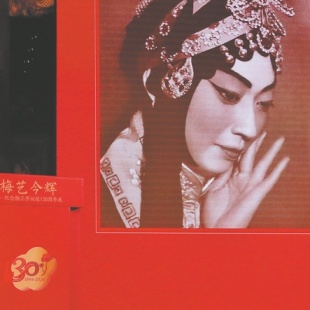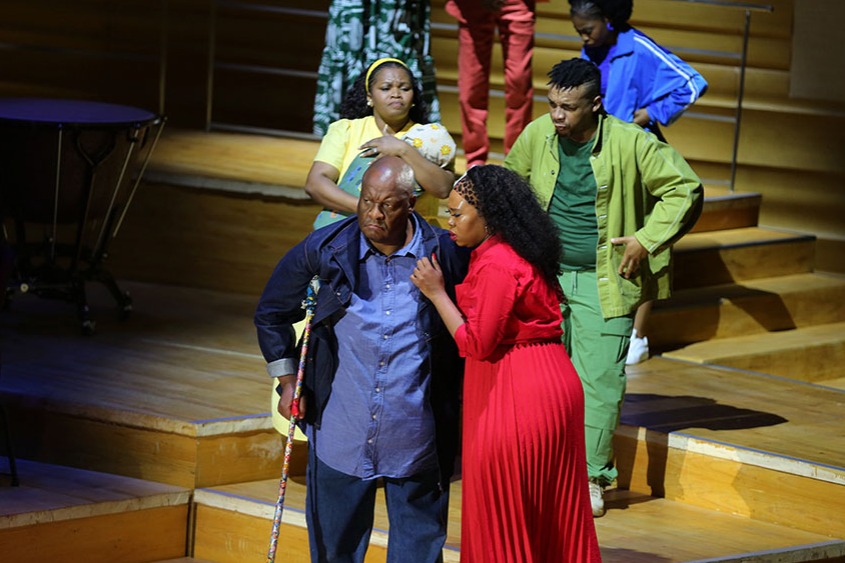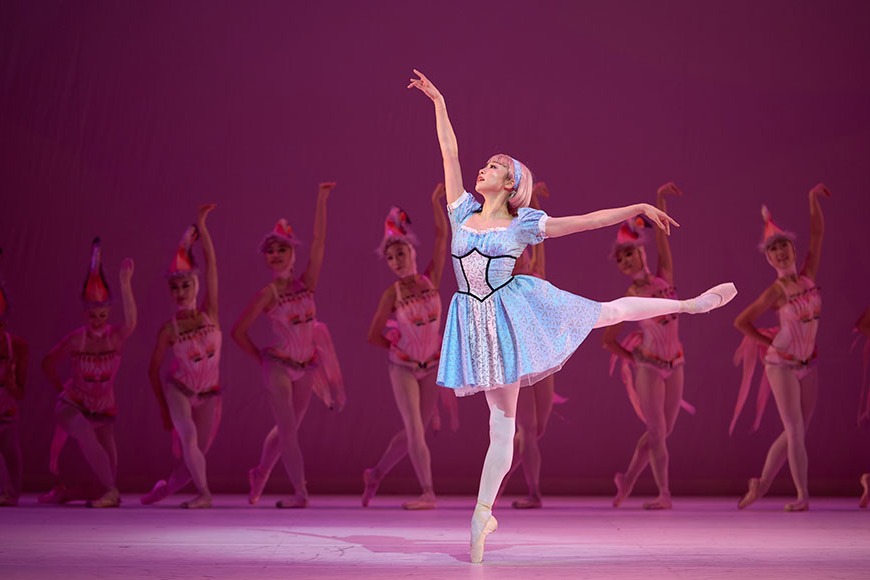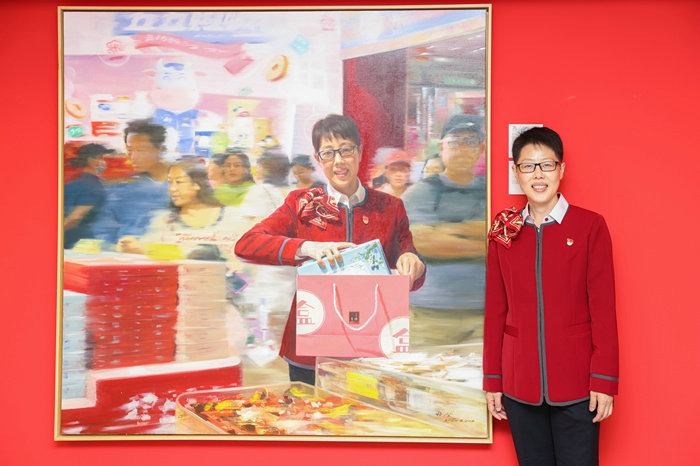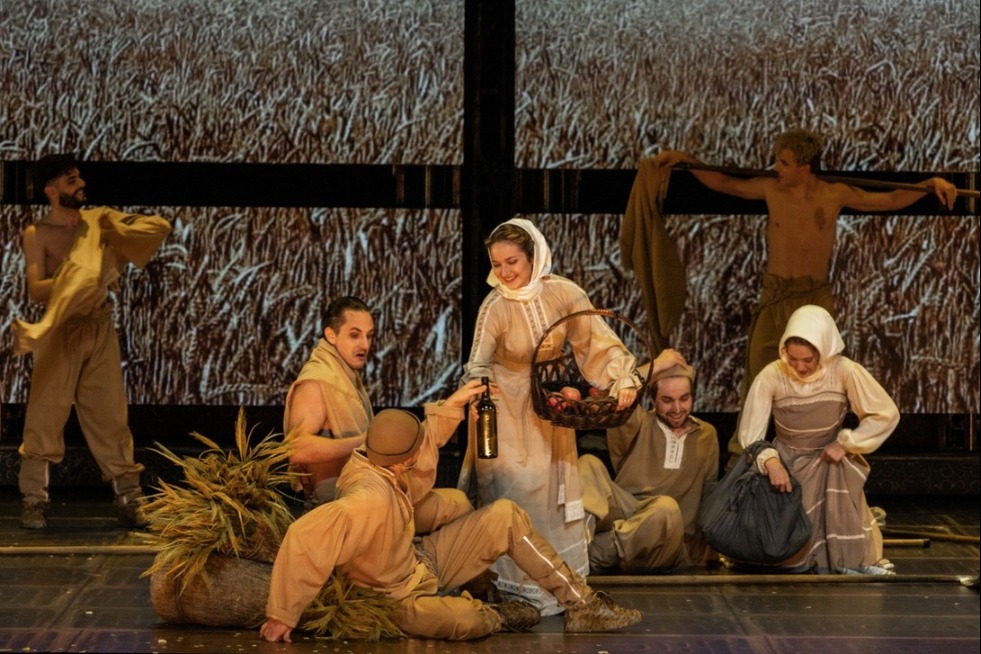Tribute to Peking Opera master's genius


Mei Lanfang's father died when he was a very young child and his mother died when he was 14. Mei Lanfang began studying Peking Opera at the age of 8, making his stage debut at 11.
He specialized in performing nandan roles in which men play female characters — a practice forged in feudal times when women were forbidden to take to the stage.
In the exhibition, photos of a young Mei Lanfang and his teacher Wu Lingxian are displayed. With historical documents, viewers learn how Mei Lanfang honed his skills in Peking Opera techniques, mastering the intricacies of vocal modulation, gestures and dramatic expressions.
In 1913, Mei Lanfang made his Shanghai debut performance. In the exhibition, the contract he signed in 1923 with Xu Shaoqing, who invited him to Shanghai, is displayed. His performances in the metropolis acquired him a national reputation.
From 1912 to 1932, Mei Lanfang adapted several classic Peking Opera pieces, created new works and gradually formed his own unique art style, which was later known as meipai, or "the art style of Mei".
Nandan's heyday was in the first half of the 20th century when Mei Lanfang, Shang Xiaoyun (1900-76), Cheng Yanqiu (1904-58) and Xun Huisheng (1900-68) — dubbed the Four Great Dan (female roles) — established the four dan styles of Mei, Shang, Cheng and Xun.


